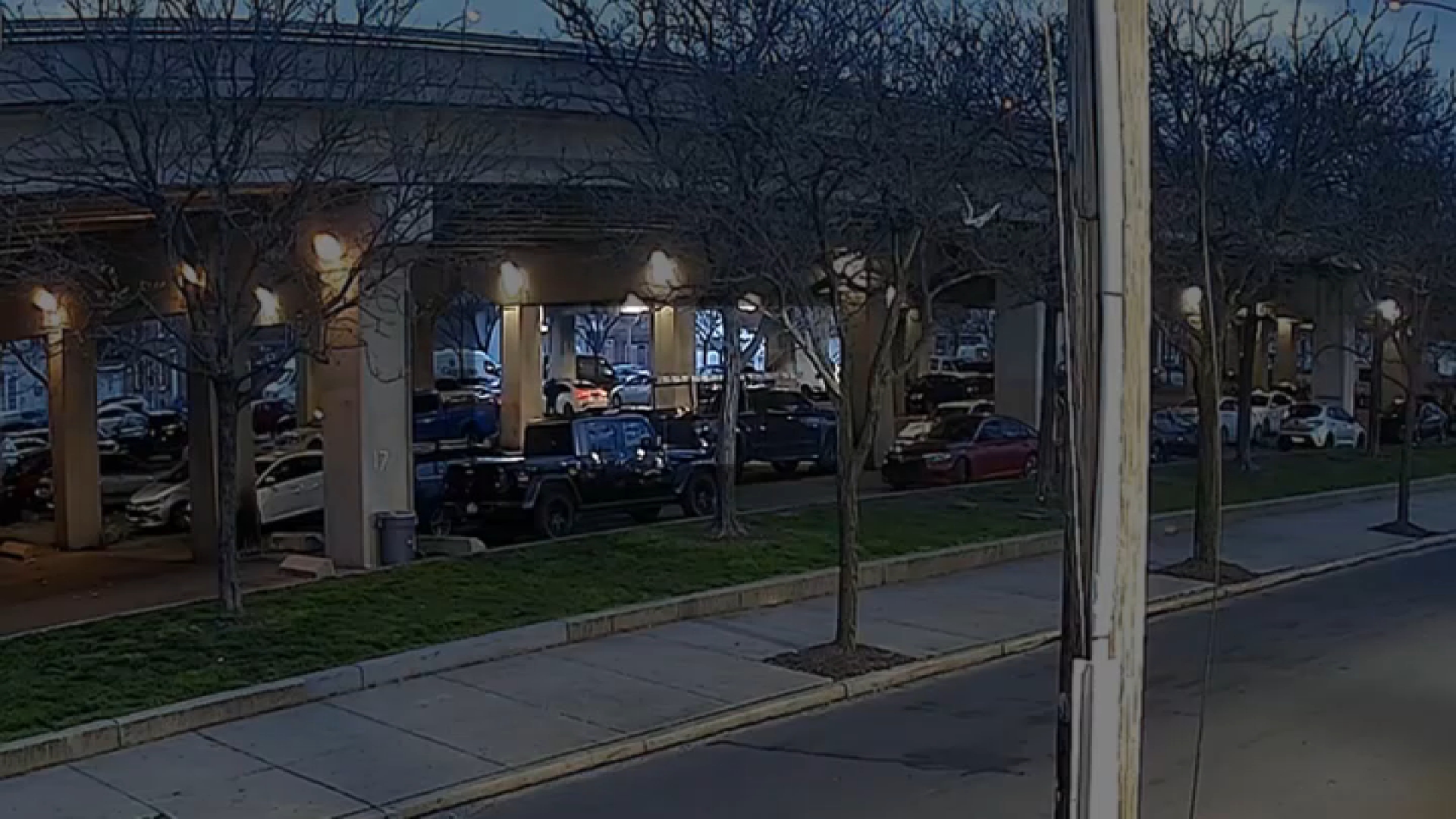
What to Know
- New Jersey's Supreme Court has ruled in favor of a man seeking to be removed from a sex offender registry 20 years after he committed crimes.
- The man identified in court papers by the initials “J.D.-F” was convicted in late 2002 of criminal sexual contact and child endangerment for crimes committed in 2001.
- In between, the state Legislature amended Megan's Law to prohibit offenders who had been convicted of more than one sex offense from applying to end their registration requirements. In Monday's ruling, the court held that the amendment couldn't be applied retroactively to J.D.-F's case since the offenses had occurred before it was passed.
An amendment to Megan's Law that tightens the rules on who can seek to be removed from a sex offender registry can't be applied retroactively to crimes committed before the amendment was passed, New Jersey's Supreme Court ruled Monday.
The case involved a man, identified by the initials J.D.-F., who was working as a manager at a McDonald's in Hillsborough in 2001 when he was accused of improperly touching two teenage boys who worked there. He was convicted in December 2002 of criminal sexual contact and child endangerment and sentenced to time in the county jail and probation.
Under Megan's Law, he was required to publicly register with law enforcement as a sex offender. The law allows offenders to apply to be removed from the list if they are offense-free for 15 years and are no longer considered a safety threat to others.
Get Philly local news, weather forecasts, sports and entertainment stories to your inbox. Sign up for NBC Philadelphia newsletters.
Earlier in 2002, between when J.D.-F's crimes were committed and his conviction, the state Legislature had amended Megan's Law to prohibit those convicted of certain offenses or of more than one offense from applying to end their registration requirements.
After J.D.-F applied for removal from the registry in 2019, a trial court and, subsequently, an appeals court denied his request on the grounds that the amendment applied to him since it was passed before he was convicted.
In Monday’s 7-0 ruling, however, the Supreme Court reversed and wrote that the amendment couldn’t be applied retroactively to J.D.-F’s case since the crimes had occurred before it was passed, and the date of those actions “triggers the legal consequences from which a person seeks relief.”
Local
Breaking news and the stories that matter to your neighborhood.
The case now goes back to the trial court for reconsideration.
A message seeking comment was left Monday with the attorney general's office, which argued on behalf of the state.



